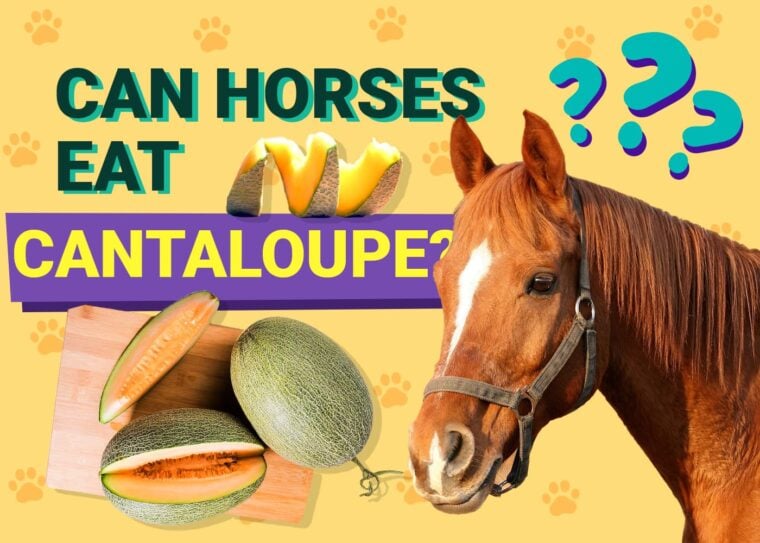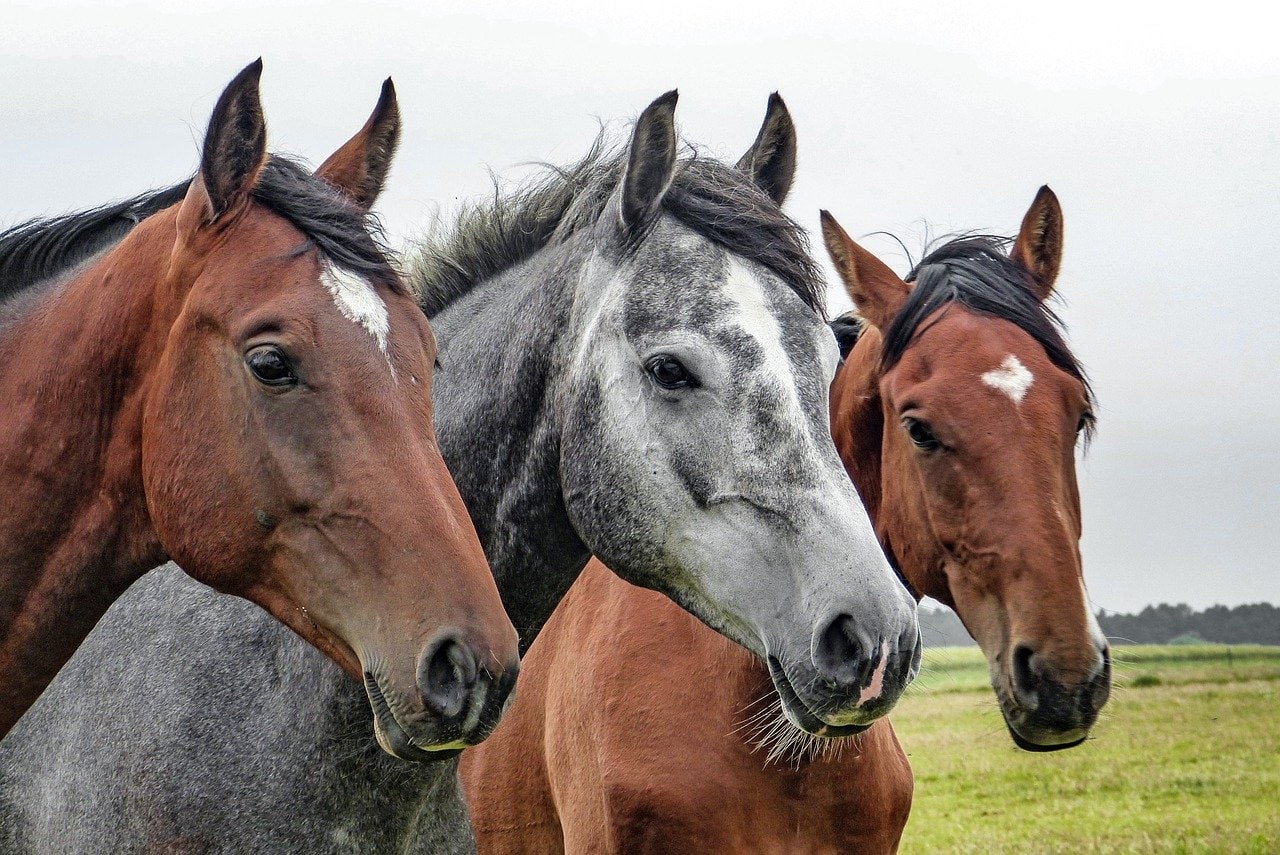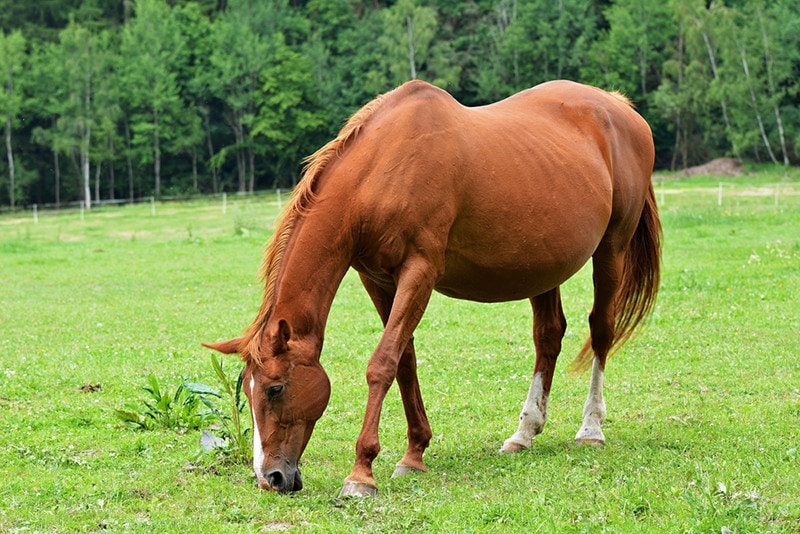
Cantaloupe is juicy, sweet, and satisfying on a warm sunny day. The flesh is soft and delectable, able to cure a sweet tooth at dessert time or cool you off when the shade just isn’t doing it alone. Cantaloupe is also full of the vitamins and minerals that our bodies need to thrive as we get older. But can we share our cantaloupe with horses? The short answer is yes, your horse can enjoy cantaloupe. Here is everything you need to know about feeding your horses cantaloupe.
Why Cantaloupe Is Good for Horses
Cantaloupe can nutritionally benefit horses because it contains the vitamins and minerals that your horse needs for strong bones, healthy skin and hair, and an optimally performing heart. Nutrients that cantaloupes can give your horses include:
Cantaloupes are not the only foods that have these nutrients. Your horse will get these vitamins, minerals, and more when eating hay, grass, weeds, flowers, and other foliage that grows around them. However, a bit of cantaloupe can help fill in the gaps during the winter months and when your horse is not able to forage as much.

Tips for Successfully Feeding Your Horse Cantaloupe
While cantaloupe is a healthy snack for horses, it is important to take a few precautions before feeding any to your horse. You should also be aware of feeding suggestions that can make the cantaloupe eating experience a positive one for your horse as time goes on.
Get Rid of the Rind and Seeds
A horse can eat an entire cantaloupe — rind (skin), seeds, and the flesh — without a problem most of the time. However, eating too many cantaloupes can result in problems such as diarrhea and indigestion. Also, the skin offers no real nutritional or health benefits and could be moldy without you knowing it. Mold growth is extremely hard to spot on ripe cantaloupe skin.
Another thing to consider is the cantaloupe’s seeds. Seeds are healthy and nutritional, but they can be a choking hazard for horses, especially those that do not tend to chew their food well. To be safe, it is always a good idea to remove the seeds of any cantaloupe that you plan to feed your horse. You can always feed the seeds to your chickens or clean them and roast them like you would with pumpkin seeds.

Watch How They Eat It
It is always a good idea to take note of how your horse eats the cantaloupe that you offer them. If they tend to swallow it without much chewing, they should be offered small chunks of the melon to avoid the risk of choking. If your horse chews their cantaloupe well, you can feed them whole slices or even half of an entire cantaloupe at a time.
Health Considerations to Be Aware Of
Cantaloupe is high in nutrients but it is also high in sugar. If your horse has or is prone to diabetes, high blood pressure, or abnormal blood sugar levels, it would be best to skip the cantaloupe and choose another snack option that contains little to no sugar, such as celery. You should consult a veterinarian to seek advice about feeding cantaloupe to your horse if they suffer from any kind of health condition.
Conclusion
Horses enjoy eating a variety of different foods in addition to the hay or grass that acts as their main staple. In most cases, cantaloupe is a great snack choice for horses, but whenever in doubt, reach out to your vet for peace of mind. Are you planning to feed your horse cantaloupe, or do you recommend another fruity snack? Let us know your thoughts in the comments section!
Related Reads:








